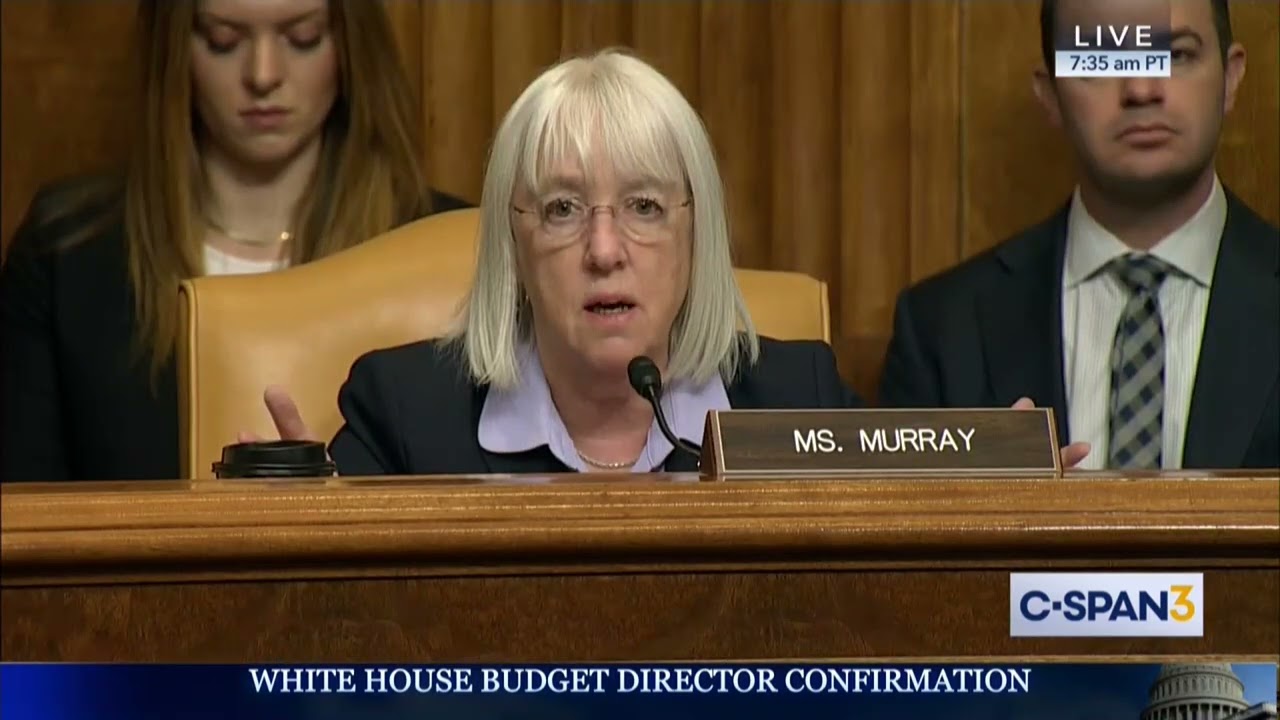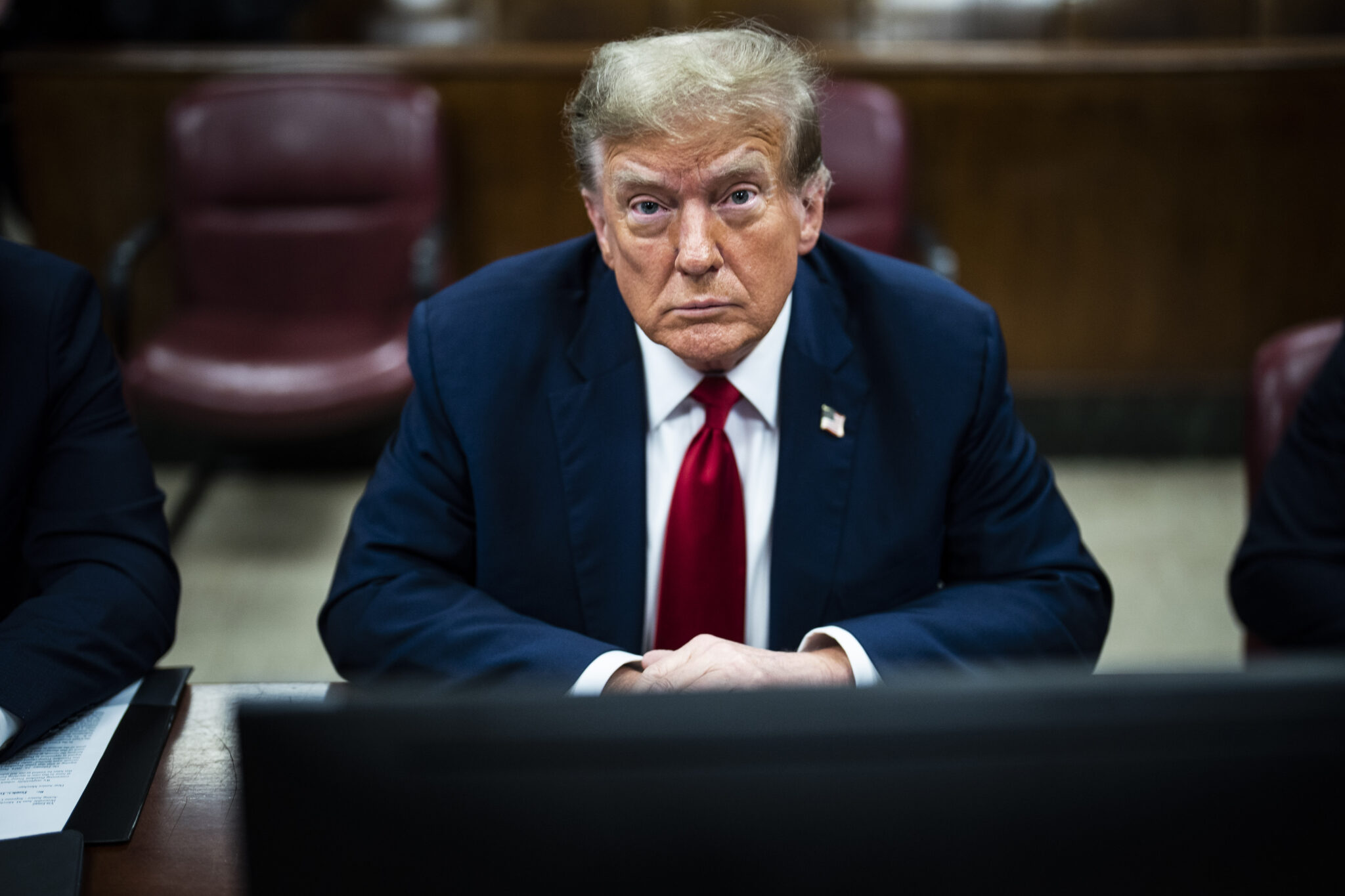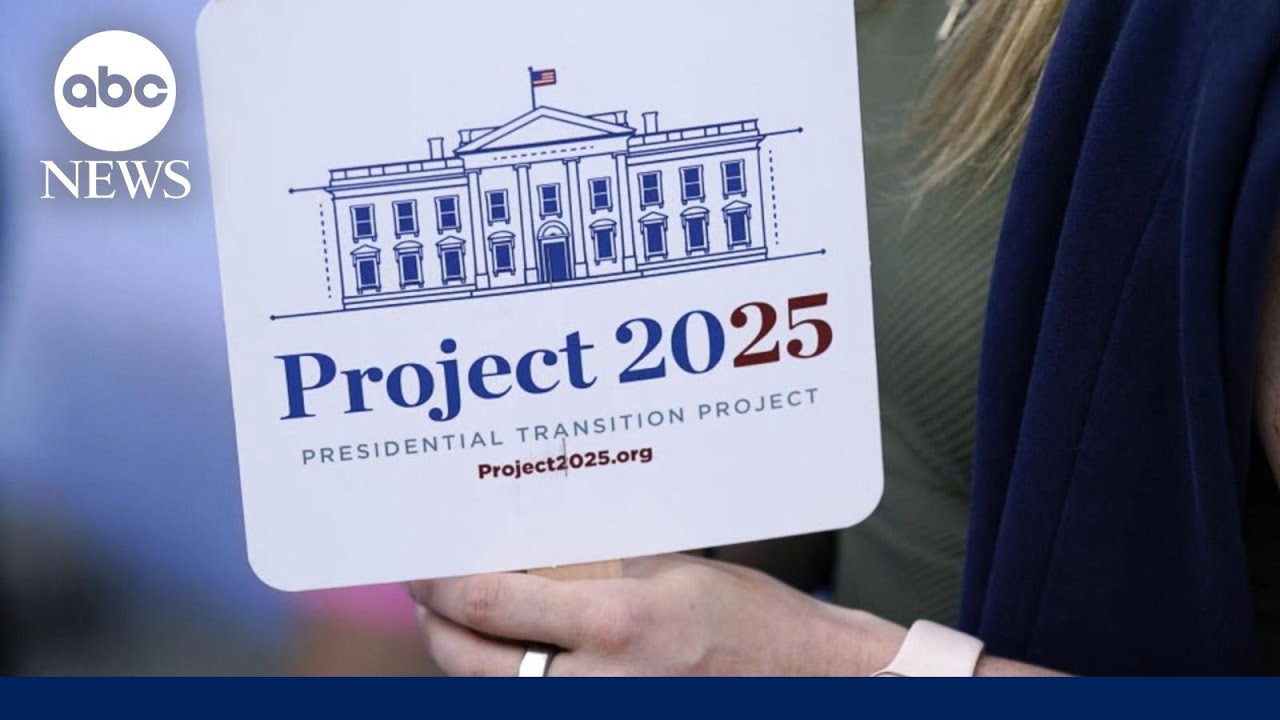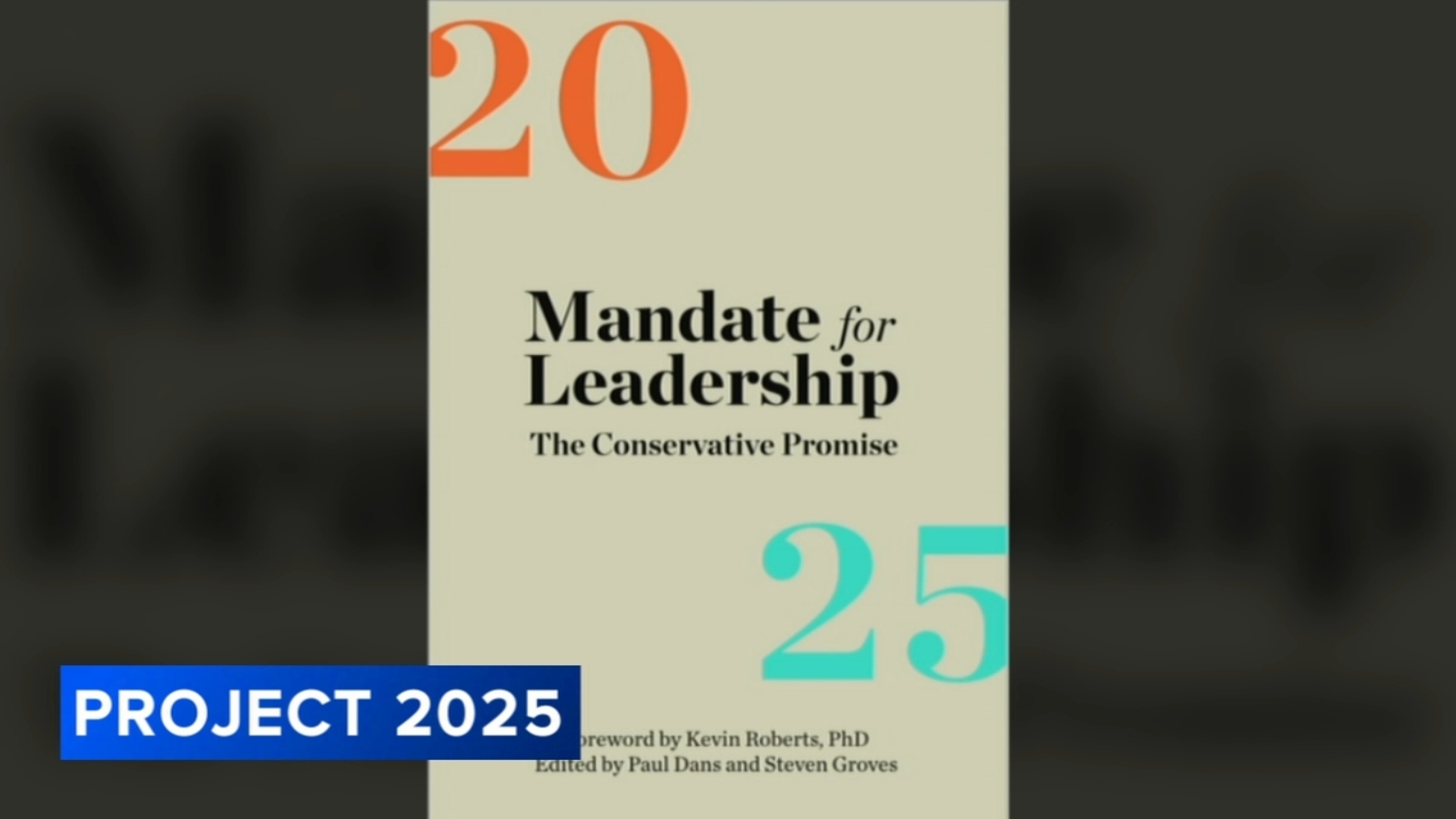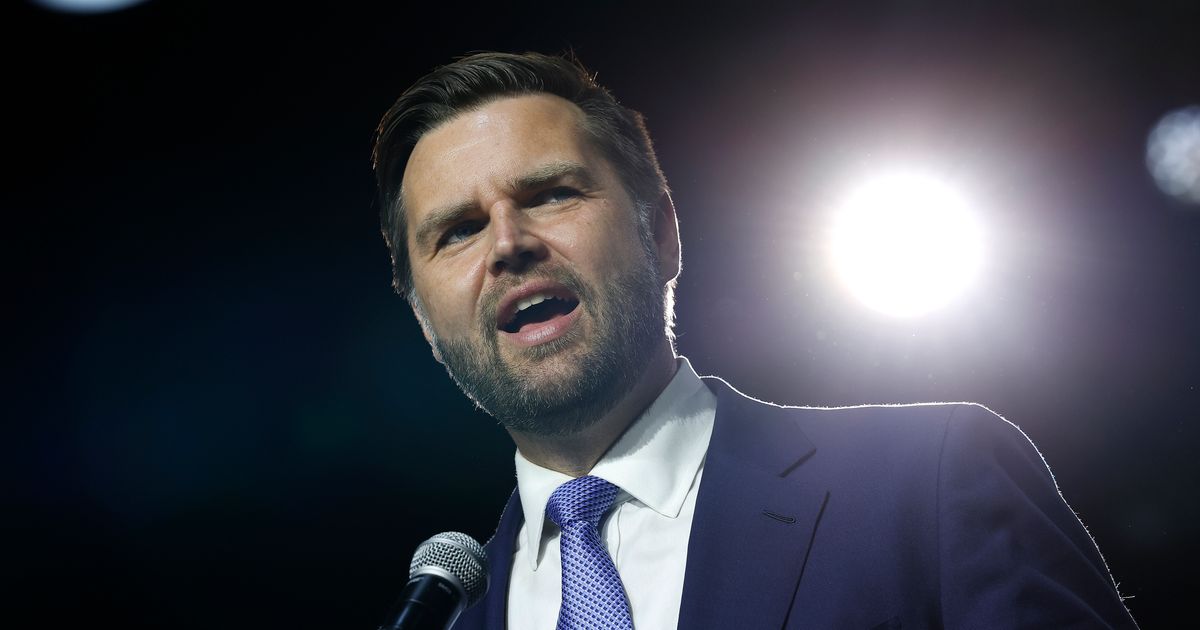Originally by Michael Mechanic at Mother Jones
Project 2025, the Heritage Foundation’s blueprint for a second Trump presidency—you know, that document he knows nothing about, even though 140 people from his first administration helped create it—has some interesting provisions. One idea that has attracted little notice is the call for “universal savings accounts” (USAs).
It even has a patriotic name!
All taxpayers should be allowed to contribute up to $15,000 of post-tax earnings into USAs. The tax treatment would be similar to Roth IRAs. USAs would be flexible for saving and investing, with gains being non-taxable and available for withdrawal at any time for any purpose. This would allow most families to save without facing double taxation.
But think about this. Congress has passed bills to help Americans save privately for old age via pensions, 401(k)s, and IRAs—Roth IRAs included. These programs sound good—like these USAs—until you take a closer look.
Then you have to ask: Good for whom?
Retirement subsidies are extremely expensive. In fact, they are the federal government’s largest tax expenditure, expected to cost almost $2.5 trillion over five years, mostly benefiting the affluent.
In the most extreme case reported so far, Peter Thiel turned a $1,700 Roth IRA contribution into over $5 billion, using shares from PayPal. He’s not alone—others have IRAs worth millions.
What does this have to do with Project 2025? USAs would be Roths on steroids. The $15,000 contribution limit is more than double what most can contribute to a Roth, and the income limit would be removed, making them available to the wealthy. No need to wait for retirement to withdraw funds.
USAs would obliterate the rules and cost the government a lot.
The line that USAs would allow people to invest in businesses is key. This could enable tax avoidance, like Peter Thiel did with his Roth IRA. CEOs, fund managers, and entrepreneurs could stash low-value assets in USAs, only to see them grow tax-free into massive fortunes.
Tax avoidance potential would be huge, exempting massive gains from taxes, according to experts.
Imagine Roths without guardrails—larger contributions, no income cap, and no rules about how the funds can be invested. This would cost the government dearly and exacerbate wealth inequality, a trend that started with Reagan’s tax cuts. The top 1% earned 42 times more than the bottom 90% in 2021.
USAs could be worth considering if limited to those earning less than $100,000 and designed to prevent tax avoidance. As proposed, they would worsen inequality, which we cannot afford.

